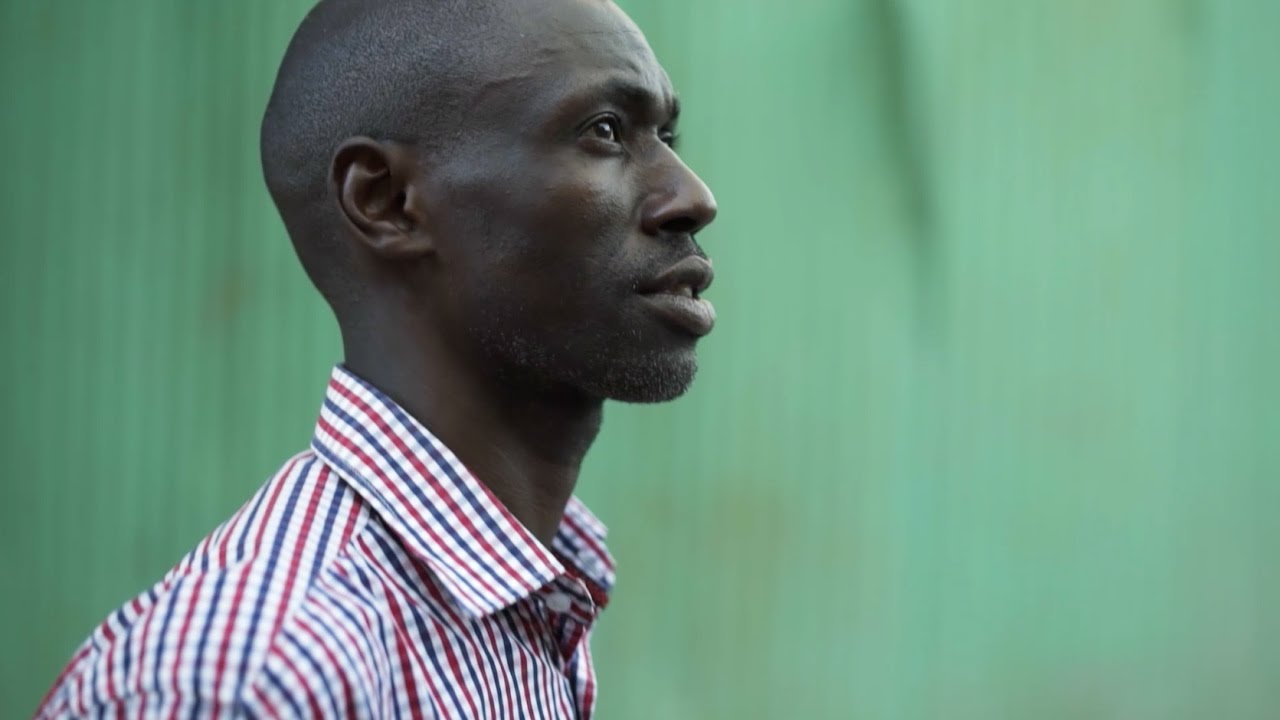Edmund Yakani is one of South Sudan’s most prominent human rights defenders (HRDs) and Civil Rights Defender of the Year 2017. Edmund has worked on an array of topics – the rights of internally displaced persons (IDPs), transitional justice, and the protection of HRDs in cooperation with DefendDefenders – that are all connected by the common thread of human rights promotion and protection.
So, when South Sudan’s government started planning a COVID-19 response, Edmund made sure that human rights were part of the equation. Edmund’s NGO, Community Empowerment for Progress Organisation (CEPO), released a checklist for human rights considerations in the response to COVID-19. Together with Global Peace Partner, CEPO also developed a national framework for the COVID-19 nexus with human rights.
All focus was on dissemination of information around COVID-19, on awareness raising. But for example immunization of children from other medical sicknesses – it’s not been taken seriously, not been budgeted for.
Edmund Yakani Tweet
Prevalent human rights issues suddenly lacked attention and resources, says Edmund: “All focus was on dissemination of information around COVID-19, on awareness raising. But for example immunization of children from other medical sicknesses – it’s not been taken seriously, not been budgeted for.” On top of that, new human rights issues are arising due to the pandemic. The economic effects of the lockdown have left many individuals financially vulnerable, resulting in a steep rise of sexual exploitation and rape cases, and police are enforcing the lockdown heavy-handedly. According to Edward, “the police are not taking into account elements of human rights protection…they can be aggressive, intimidating and harassing civilians.”
Intimidation and harassment are well-known to Edmund. In his 20-year long commitment as an HRD, he has received numerous death threats. He was even abducted. “Normally what they do is that they either call me by phone or they write to me a letter. And in terms of kidnapping, three times I’ve been kidnapped. With an attempt of an assassination.”
His family and friends struggle to understand his dedication to human rights, he says: “People are questioning whatever I’m doing: ‘What is the benefit? Because we don’t see a benefit in your life or in terms of returns of what you’ve been shouting for, writing about or campaigning for.’ They think I’m wasting my time on these issues.” Though the lack of support can be challenging, Edward is motivated by his strong belief in human rights. “No one has the right to take away my life, because we are born free, and we are born equal. I know my life may be taken away by somebody, but it should be taken away while I’m struggling, to make sure that the human rights of individuals and communities are protected,” Edmund says.
No one has the right to take away my life, because we are born free, and we are born equal. I know my life may be taken away by somebody, but it should be taken away while I’m struggling, to make sure that the human rights of individuals and communities are protected.
Edmund Yakani Tweet
The same passion pushed him to get involved in advocacy around the government’s response to the pandemic: “Within this COVID-19, as human life is under threat, I feel that the rights to health, to an adequate standard of living, and to life are under attack. Putting human rights at the centre of the response is the best approach in making sure that the safety of individuals and communities is taken into account by the authorities.”

